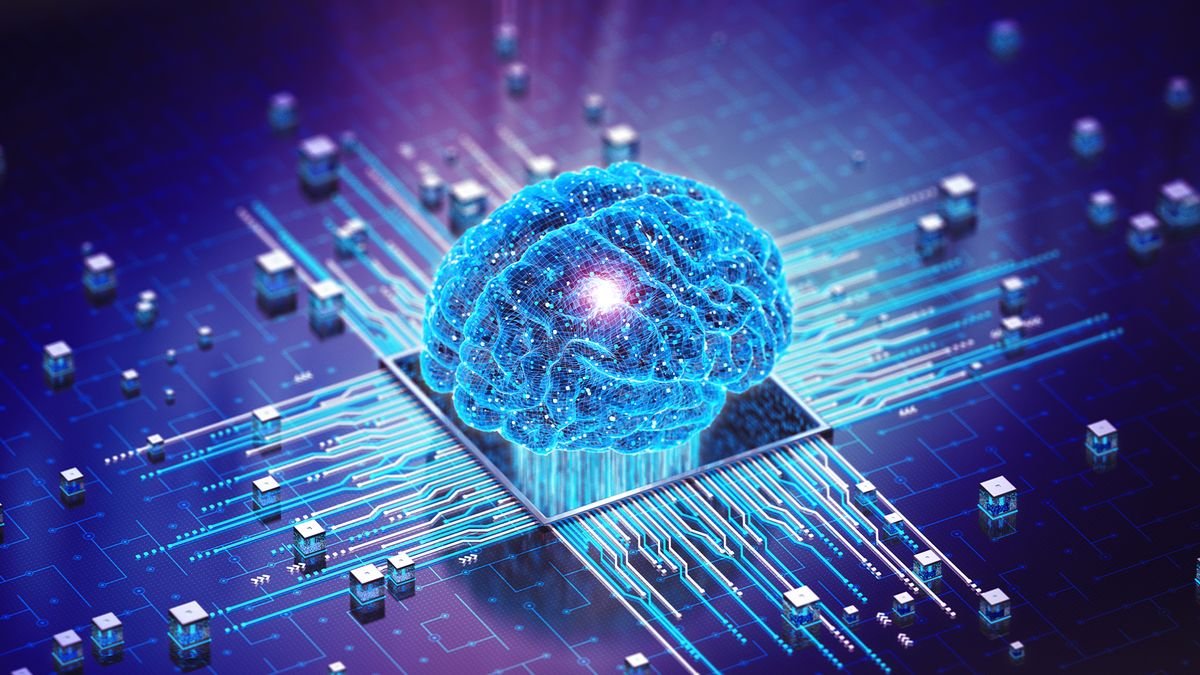The rapid advancement of artificial intelligence (AI) has sparked widespread discussions about its potential impact on society. While much of the focus has been on the technological capabilities of AI, a crucial perspective is emerging from the disability community, offering valuable insights into the development and application of this transformative technology.
A Collaborative Approach to Assistance
One of the key contributions from the disability community is a shift in the understanding of assistance. Traditionally, assistance has often been viewed as a one-way interaction, where one party provides help to another. However, the disability community emphasizes a more collaborative approach, where assistance is seen as a partnership based on mutual respect and understanding.
This collaborative model has significant implications for AI development. By involving people with disabilities in the design and testing of AI systems, developers can ensure that these technologies genuinely meet the needs and preferences of users. This approach can lead to AI tools that empower individuals rather than replace them, fostering a sense of autonomy and control.
Addressing Bias and Promoting Inclusivity
Another crucial aspect highlighted by the disability community is the issue of bias in AI algorithms. AI systems are trained on vast datasets, and if these datasets are not diverse and representative, they can perpetuate existing biases and discrimination. This can have serious consequences for people with disabilities, who may be excluded or marginalized by AI applications.
To address this challenge, the disability community advocates for the inclusion of diverse perspectives in the development of AI. This includes involving people with disabilities in the data collection and annotation process, as well as in the design and evaluation of AI algorithms. By ensuring that AI systems are trained on diverse and inclusive datasets, developers can mitigate bias and create more equitable and accessible technologies.
Redefining “Normal”
The disability community also challenges the traditional notion of “normalcy” in AI development. Many AI systems are designed to cater to a narrow range of abilities and experiences, often excluding individuals with disabilities. However, the disability community emphasizes the importance of recognizing and accommodating diverse abilities and needs.
By designing AI systems that are flexible and adaptable, developers can create technologies that are truly inclusive and accessible to all. This approach can lead to innovations that benefit not only people with disabilities but also society as a whole. For example, AI-powered assistive technologies developed for individuals with disabilities can be adapted for use in various contexts, such as elder care, rehabilitation, and workplace accommodations.
The Way Forward
The disability community’s perspective on AI offers a valuable roadmap for creating more equitable, inclusive, and empowering technologies. By incorporating their insights into the development process, AI developers can ensure that these technologies serve the needs of all users, regardless of their abilities or experiences.
This collaboration can lead to innovations that not only enhance the lives of individuals with disabilities but also contribute to a more just and equitable society. As AI continues to evolve, the disability community’s unique perspective will play an increasingly crucial role in shaping its future.







